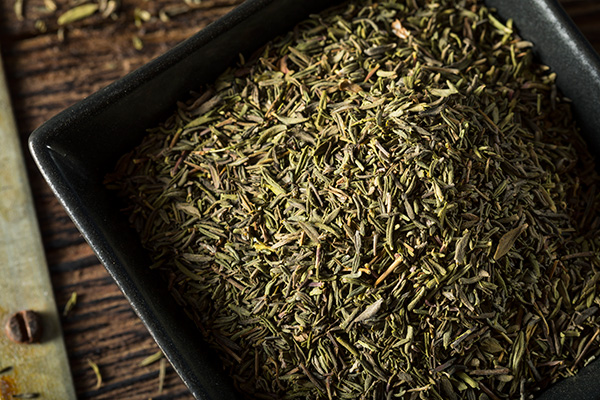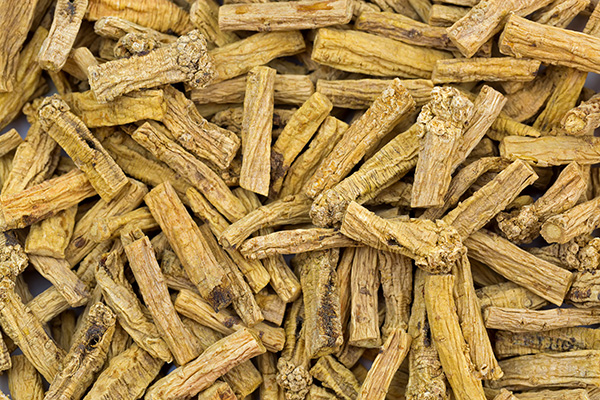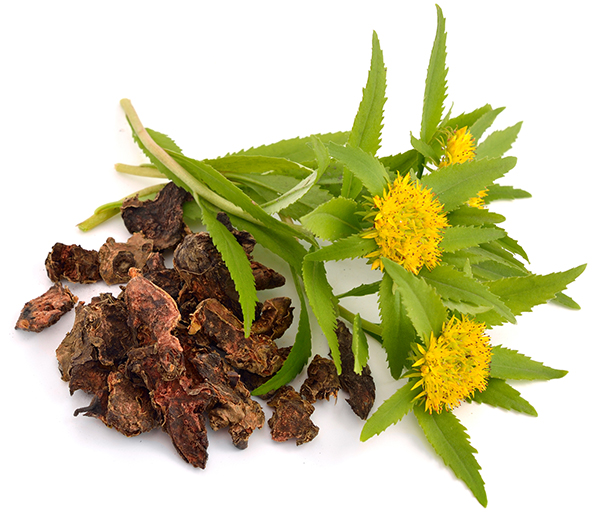The Health Benefits of Organic Tea
Organic tea’s popularity has grown due to its health advantages and eco-friendly production.
This article explores organic tea, its distinction from regular tea, benefits, and addresses common questions.

What Is Organic Tea and How Is It Different From Regular Tea?
Organic tea is produced using methods that comply with organic farming standards. This means that tea cultivation avoids synthetic fertilizers, pesticides, and chemicals. The focus is on promoting ecological balance, preserving biodiversity, and maintaining soil fertility.
On the other hand, regular tea might use synthetic substances that can harm the environment and human well-being. Organic tea farmers often utilize natural pest control methods, crop rotation, and other sustainable farming practices to maintain a healthy ecosystem.
Organic Tea Benefits
Organic tea offers several benefits over regular tea, including:
- Environmentally friendly: Organic farming practices help protect the environment by reducing pollution, conserving water, and promoting biodiversity. These methods also help maintain soil health, which is crucial for sustainable agriculture.
- Chemical-free: Organic tea is free from synthetic pesticides, herbicides, and fertilizers. This means you’re not ingesting harmful chemicals when consuming organic tea.
- Richer in antioxidants: Organic tea often contains higher levels of antioxidants than regular tea. Antioxidants defend your body against free radicals, which can harm cells and cause chronic illnesses.
- Better taste: Many tea drinkers claim that organic tea has a richer, more vibrant flavor than regular tea. This is likely due to the natural farming methods used and the absence of chemicals.
Is Organic Tea Better for My Health?
Although more studies are required, multiple factors suggest organic tea could be healthier. As stated before, organic tea lacks harmful synthetic substances.
Also, organic tea shows higher antioxidant content, preventing chronic diseases and boosting overall health. The absence of chemicals and higher antioxidant content make organic tea a healthier choice for those looking to maximize the benefits of tea consumption.
Does Organic Tea Have Caffeine?
Yes, organic tea does contain caffeine, just like regular tea. The caffeine content in tea varies by type, processing, and brewing duration. However, organic tea may have slightly lower caffeine levels than regular tea, as the plants are often grown more naturally.
Final Thoughts
Organic tea provides eco-friendliness, no chemicals, and often higher antioxidant levels. While organic tea does contain caffeine, the levels may be slightly lower than in regular tea.
Choose organic tea to enjoy health benefits while reducing exposure to harmful substances.
FAQ
What Are the Benefits of Organic Green Tea?
Organic green tea possesses similar benefits as other organic teas, like being chemical-free and eco-friendly.
Green tea contains antioxidants, particularly catechins, which help prevent chronic illnesses and support immunity. Organic green tea might have even more antioxidants than regular green tea.
What Are the Benefits of Organic Black Tea?
Organic black tea also shares the benefits of being free from synthetic chemicals and promoting sustainable farming practices.
Black tea contains theaflavins and thearubigins, antioxidants that reduce inflammation, boost heart health, and decrease chronic disease risk. Organic black tea could have more of these antioxidants, offering extra health benefits.
Furthermore, organic black tea frequently has a richer, more nuanced taste, appealing to tea lovers.






